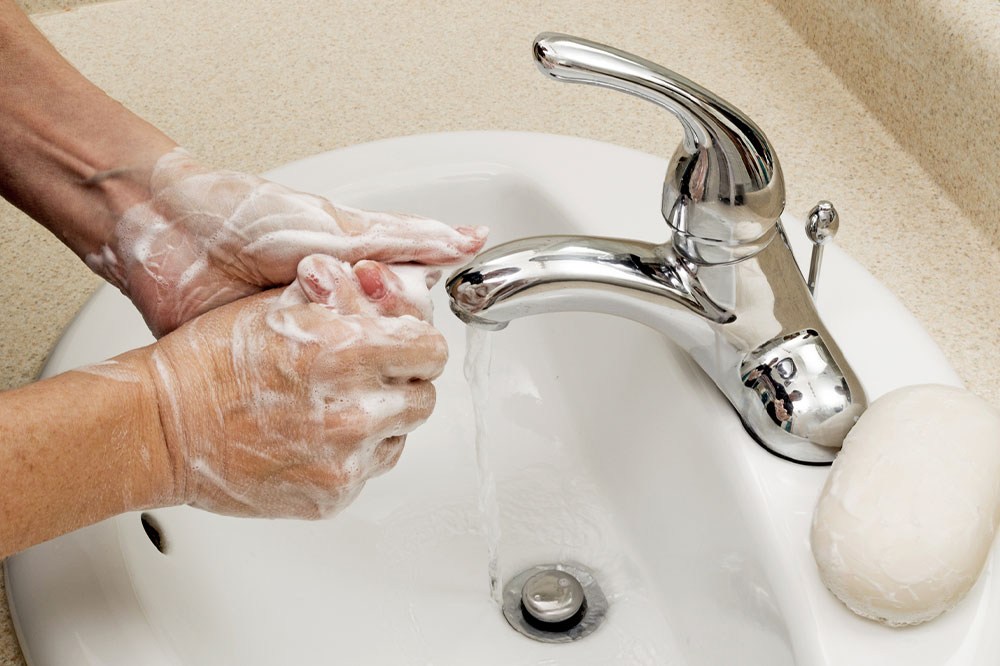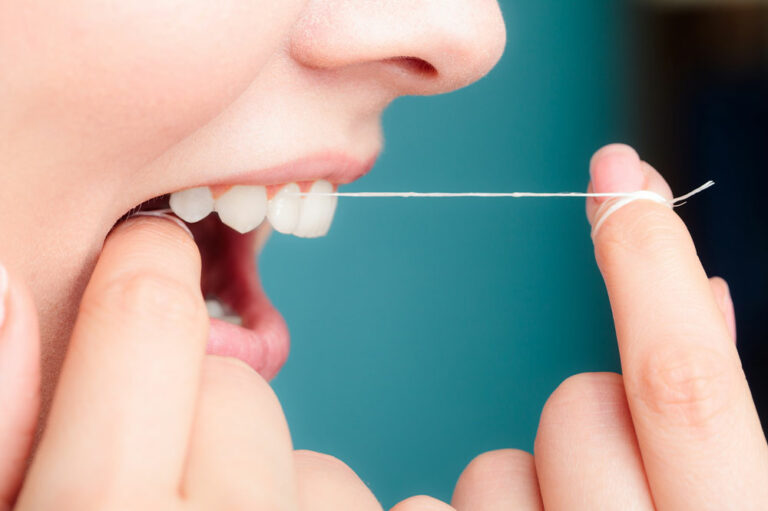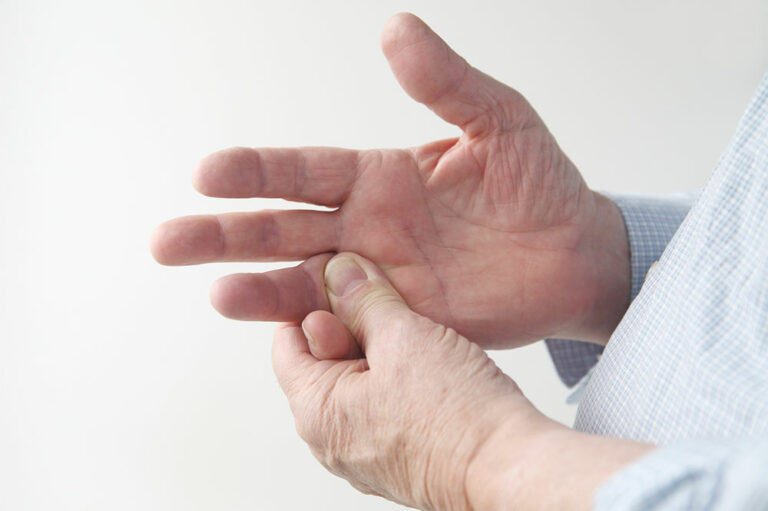
Top 7 household products that may cause skin rashes
Many general-use items and household products can have side effects, especially for those with sensitive skin. These side effects may show up in the form of red, swollen, itchy rashes, also known as contact dermatitis. Patches of leathery skin, which may appear purple, brown, or gray are some signs of contact dermatitis. Knowing the common irritants around the house and ways to avoid them can help one avoid skin rashes.
Soap
Soap is one of the most common skin irritants. While washing hands helps keep germs away, washing them obsessively can strip the skin of natural oils and moisture. Those who are keen on washing their hands repeatedly may consider replacing household soaps with mild hydrating cleansers that can help them clean their hands effectively while being delicate on their skin.
Household cleansers
Household cleansers are also made up of harsh chemicals, which can irritate the skin. While these are extremely effective in cleaning up messes around the house, they may cause severe rashes. To prevent these, wear cleaning gloves, especially when using products like dish detergents, laundry detergents, furniture polish, drain cleaners, and toilet disinfectants.
Products made of latex
Latex is a natural rubber that is found in daily household items such as gloves, elastic waistbands, and even bra straps. Skin allergies to latex are extremely common. People experiencing skin reactions due to latex must switch to latex-free products. Moreover, people with latex allergies may have sensitivities to tropical fruits like avocados, bananas, and kiwis, as they contain latex-like proteins.
Fragrances
Fragrances can be irritating to the skin as they contain high levels of preservatives, which may increase the risk of rashes. However, it may be tough to catch this sensitivity since different people may be allergic to different components or scents. Some may develop skin rashes or hives as a reaction to musk, while others may experience these reactions in response to rose or vanilla.
Fragrances are also a frequent addition to body lotions, creams, and other cosmetics. Those experiencing skin reactions to these products may want to try hypoallergenic products that are dermatologically proven safe for sensitive skin.
Bug repellents
Bug repellents and sprays usually contain harsh chemicals, which can irritate the skin. Although they are not a serious health concern for most people, they must be used sparingly on the body. To best keep insects at bay, it is recommended to wear long-sleeved shirts and full-length trousers, and then use the repellent over the clothing, as an added layer of protection. Moreover, using repellents with natural ingredients such as citronella and lemon eucalyptus may help. Alternatively, people who are active outdoors may also choose to invest in insect-repellent clothing.
Fabric dryer sheets
Fabric softeners and dryer sheets may cause itchy and irritated skin. The easiest way to tell whether a fabric product is irritating is the development of rashes in the places that are covered by clothing. To avoid these, switch to fragrance-free liquid fabric softeners.
Jewelry
Nickel is popularly used in less-expensive jewelry and is a common skin irritant. For those noticing reactions to jewelry, opting for nickel-free alternatives may help.
Skin rashes generally disappear by avoiding exposure to these household products. However, if symptoms get worse, one must visit the doctor.












